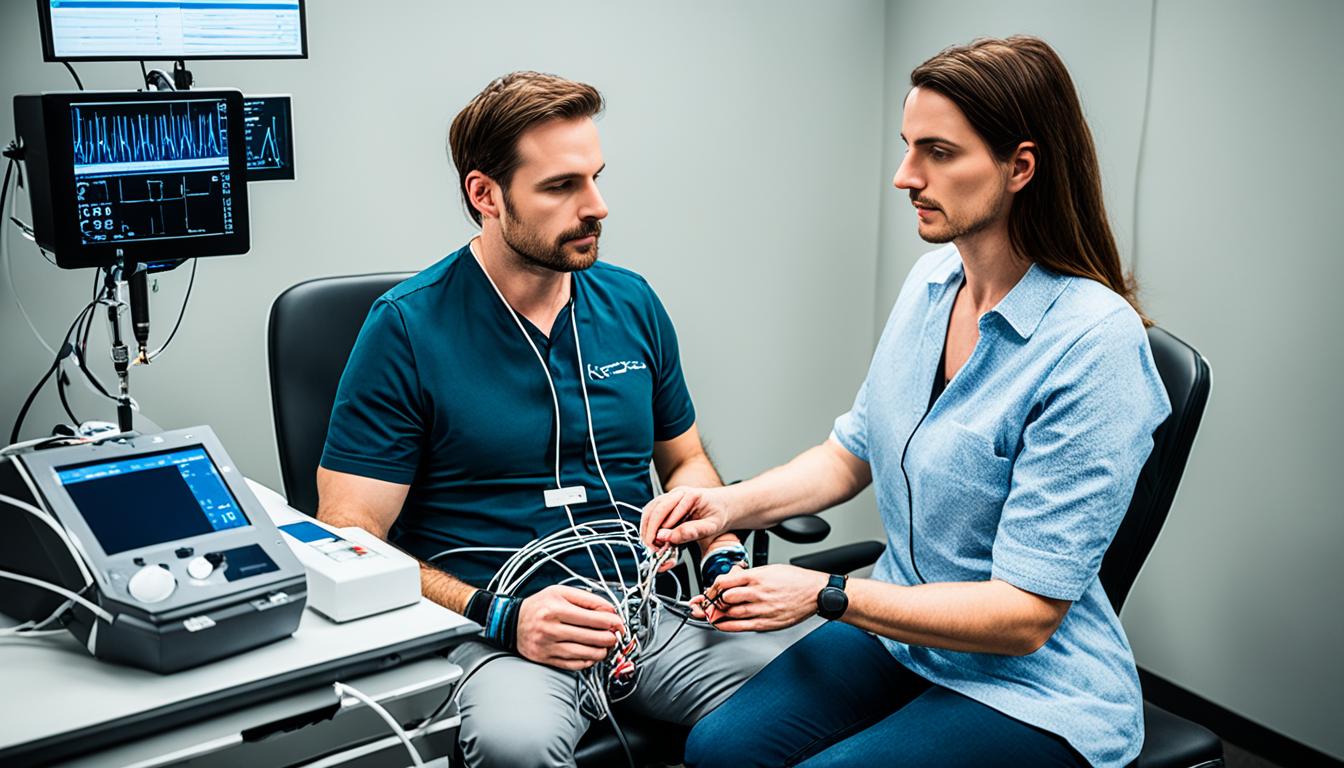
Cybersecurity has become an important concern for people and businesses in a society going more and more digital. Traditional security methods are sometimes insufficient to safeguard private data as threats change and get more complex. Lie Detector Test Pennsylvania is a creative strategy that is gaining popularity in this industry due to its significant role in identifying potential hazards and safeguarding data. Integration of lie detection technologies helps organizations improve their security systems, thereby guaranteeing stronger protection against cyberattacks.
Understanding Lie Detection Technologies
Lie detection technologies are a wide range of techniques meant to evaluate a person’s claims’ honesty. While recent advances encompass analyzing voice patterns, facial expressions, and even biometrics, traditional methods include polygraphs, which analyze physiological reactions. These tools can be quite helpful in cybersecurity since they help to evaluate the reliability of people having access to private data. Lie detection, for example, can be used in security clearances, recruiting procedures, or during inquiries of possible internal threats.
Applications in Cybersecurity

Lie detection has uses in cybersecurity going beyond initial screens. These tools let companies watch employees and contractors handling private data continuously. Regular assessments, for instance, can help spot behavioral changes suggesting data breaches or malicious intent. Furthermore, included in incident response plans is lie detection. Finding the truthfulness of claims made by staff members after a cyber event might help one better understand the type of the breach and the people engaged. Development of appropriate responses and prevention of future events depend on this knowledge.
Ethical Considerations
Although lie detection has great potential to improve cybersecurity, it also begs profound ethical concerns. Using such technology must strike a balance between personal privacy rights and security needs. Companies have to make sure their lie detection procedures are fair and open, therefore preventing overreach or misuse. Using well-defined policies and getting informed permission will help to allay these issues. Moreover, lie detection systems’ accuracy and dependability have to be constantly assessed to avoid false positives that can unfairly damage people’s reputations or jobs.
Lie Detector Test Pennsylvania offers a compelling chance to strengthen security initiatives safeguarding private data. Including these technologies in security systems helps companies proactively spot possible hazards and handle events. Still, it’s important to negotiate the ethical terrain carefully to make sure lie detection’s use is respectful of personal rights and justified. Using creative ideas like lie detection will be essential in protecting private information and preserving confidence in an ever-linked society as the digital terrain develops.









